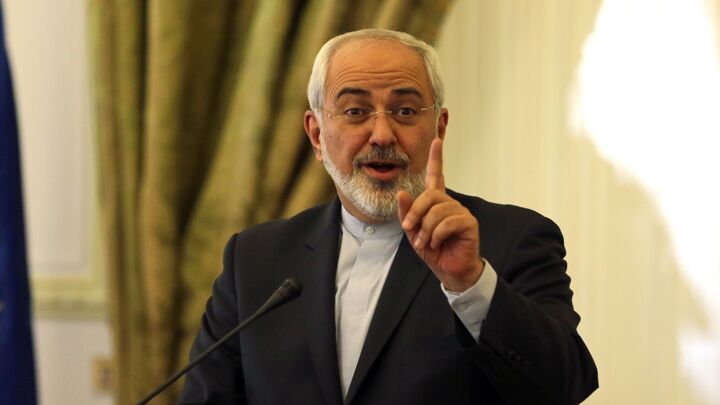
Iran Needs More Time
The nuclear negotiations with Iran were stuck in traffic. Iran’s nuclear program remained wedged between a semi-trailer full of Iran’s nuclear ambitions, a cart stocked full of sanctions relief, and a swarm of negotiators/traffic controllers—all trying their hardest to direct traffic in any way that could get things moving.
Then for a moment, there was an opportunity. The traffic controllers—the United States, France, Britain, China, Russia and Germany—all worked together to bring about a means for negotiations to continue. But with the way forward clear, Iran hit the brakes.
And the window of opportunity has remained open for four months. Four months of arduous negotiations have gone on in what is seen as the second major round of negotiations with Iran. But Iran hasn’t budged. For all intents and purposes, Iran has stalled at the intersection. Unwilling to move forward, but not abandoning talks, Iran has just sat there, seemingly oblivious to the honking horns and the futile gestures of the traffic controllers.
Of course, Iran is playing the hapless innocent. Throwing up its hands, Iran has said an extension of talks must take place in order for a comprehensive agreement to be reached. Iran has blamed its negotiating partners for the stalled talks, claiming they’ve made unrealistic demands. Of course, the negotiators in the opposing party—the P5+1 nations—accuse Iran of the same.
The delaying tactic shouldn’t come as a surprise to anyone—after all, Iran has been dragging out the talks for months. The more surprising point is that the P5+1 nations are still buying the idea that the negotiations will leap back into gear and move forward!
Ever since negotiations began in November 2013, the P5+1 nations have worked furiously to bring about a deal. As the first six months drifted by, all that changed was that Iran received sanctions relief—in return it slowed its nuclear production. Iran took no backward steps. The nuclear industry established before the negotiations began remains today. The following cartoon from the Israeli Ministry for Diaspora Affairs demonstrates the point well.
Iran’s leaders aren’t stupid. They can see the incredible difference six months has made. In six months, Iran went from being under the boot of the West to holding the high ground in the negotiations. It is no wonder Iranian Deputy Foreign Minister Abbas Araqchi said, “We hope to reach a final agreement but, if this doesn’t happen, then we have no choice but to extend the Geneva deal for six more months while we continue negotiations.” With all Iran has gained in the last six months, there is little doubt they intend to gain as much in the ensuing six.
No deal will likely be reached before such an extension. The last few months have yielded no results, and an extension clearly works in Iran’s favor. As the nuclear can is kicked down the road, Iran will continue to grow in economic power and reverse any losses received from sanctions in the past decade.
The nuclear negotiations-mobile will eventually start up again. It will not take the course the P5+1 traffic controllers had hoped; nuclear Iran will not drive down a path to peace. Instead, it will take the diametrically opposite route that leads to one outcome: nuclear war.
There is a road map that outlines this very possibility. Read Trumpet editor in chief Gerald Flurry’s article “The Unthinkable Will Happen!” to see for yourself that when Iran’s nuclear program starts to move, it will bring terrible times across the entire planet.
